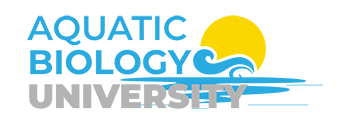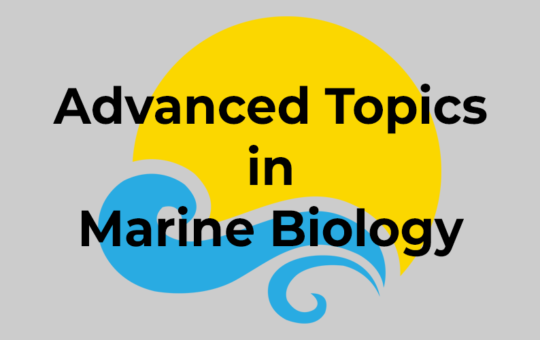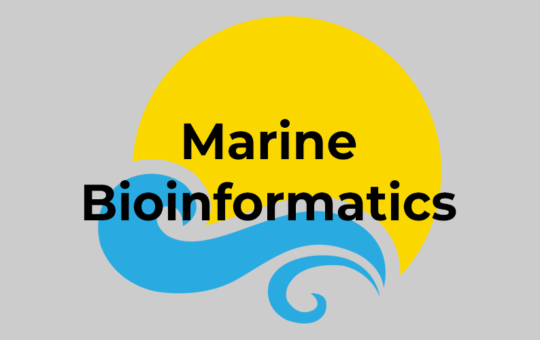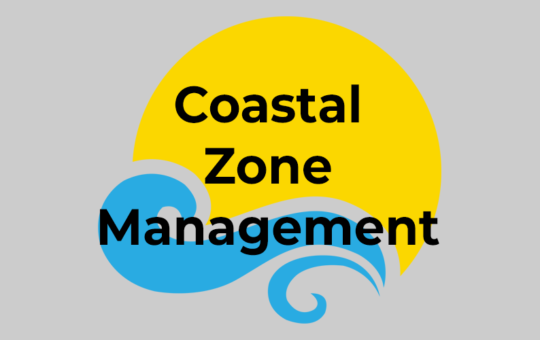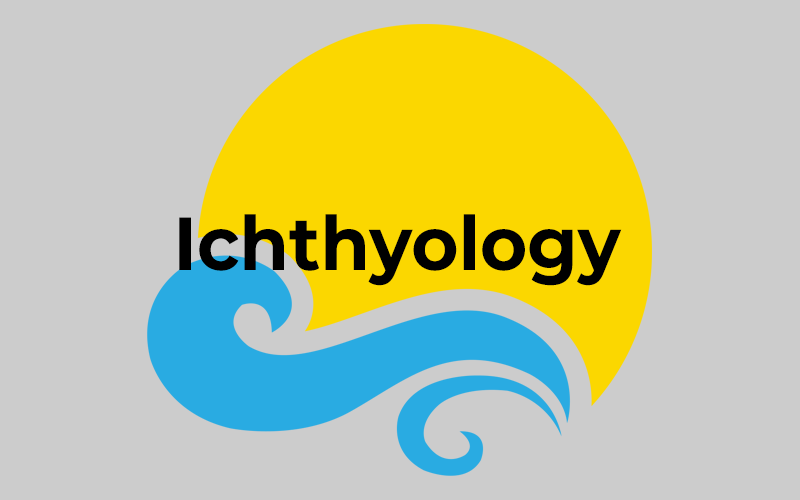
Ichthyology
Ichthyology is the scientific study of fish, encompassing their biology, ecology, and evolution. This course provides students with an in-depth understanding of fish anatomy, physiology, and behavior, exploring the diverse adaptations that enable fish to thrive in various aquatic environments. Students will learn about the classification and diversity of fish species, examining the evolutionary relationships and ecological roles of different groups. The course covers key topics such as fish reproduction, growth, and development, as well as feeding strategies and locomotion. By studying these aspects, students will gain insights into the life histories and ecological interactions of fish.
The course also addresses the importance of fish in aquatic ecosystems and their significance to human societies. Students will explore the role of fish in food webs and nutrient cycling, as well as their contributions to commercial and recreational fisheries. The impact of human activities on fish populations, such as overfishing, habitat degradation, and pollution, will be discussed, along with conservation strategies and sustainable management practices. Through a combination of lectures, laboratory work, and field studies, students will develop the skills and knowledge needed for careers in fisheries science, conservation, and aquatic research, as well as a deeper appreciation for the diversity and complexity of fish.
Curriculum
- 4 Sections
- 12 Lessons
- 1 Quiz
- 0m Duration
Section 1: Introduction to Ichthyology
- Chapter 1: Overview of Ichthyology
- Chapter 2: Evolution and Diversity of Fish
- Chapter 3: Anatomy and Physiology of Fish
Section 2: Fish Biology and Ecology
- Chapter 4: Fish Reproduction and Development
- Chapter 5: Fish Behavior
- Chapter 6: Fish Ecology
Section 3: Fish Adaptations and Specializations
- Chapter 7: Adaptations to Aquatic Environments
- Chapter 8: Sensory Systems in Fish
- Chapter 9: Locomotion and Buoyancy
Section 4: Human Impact and Conservation of Fish
- Chapter 10: Fisheries and Fish Harvesting
- Chapter 11: Threats to Fish Populations
- Chapter 12: Conservation of Fish and Their Habitats
- Course 5: Ichthyology - Assessment Test
